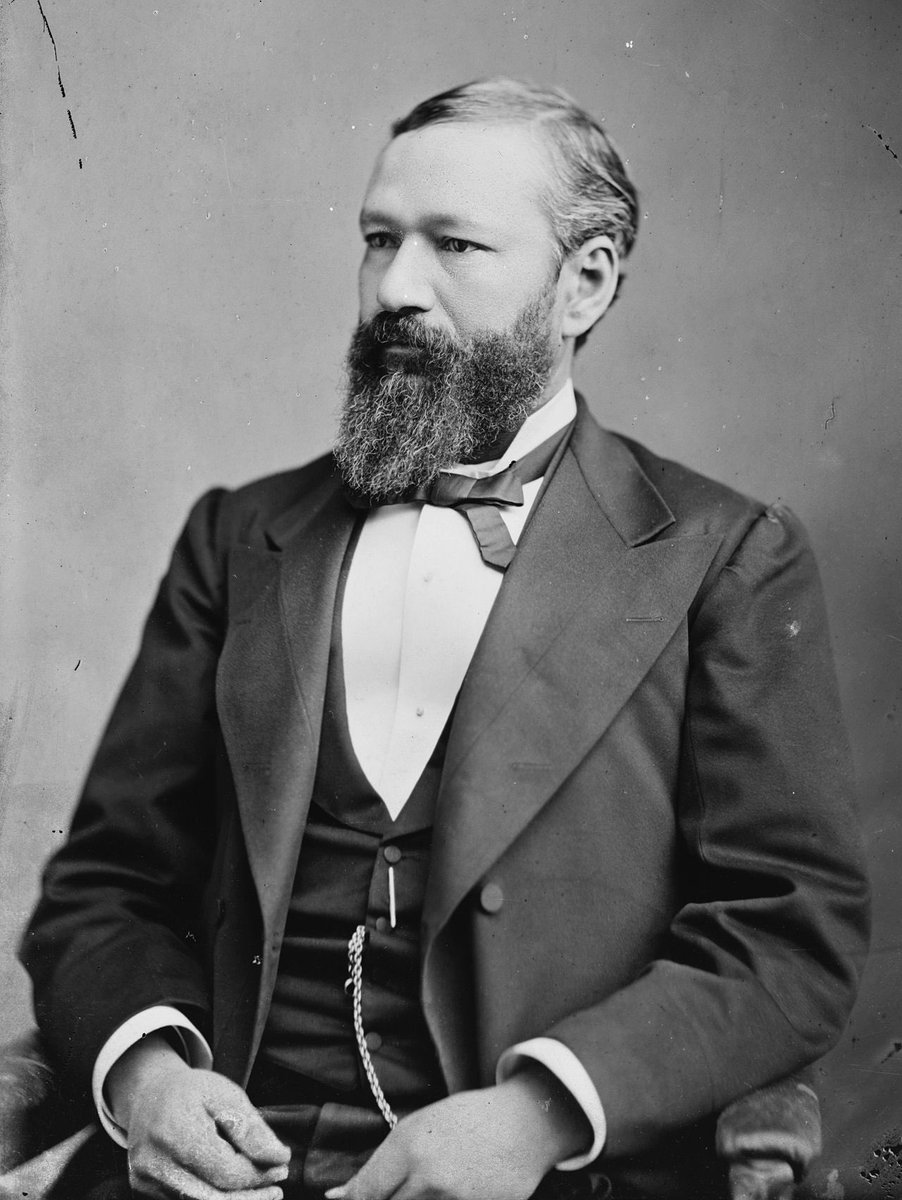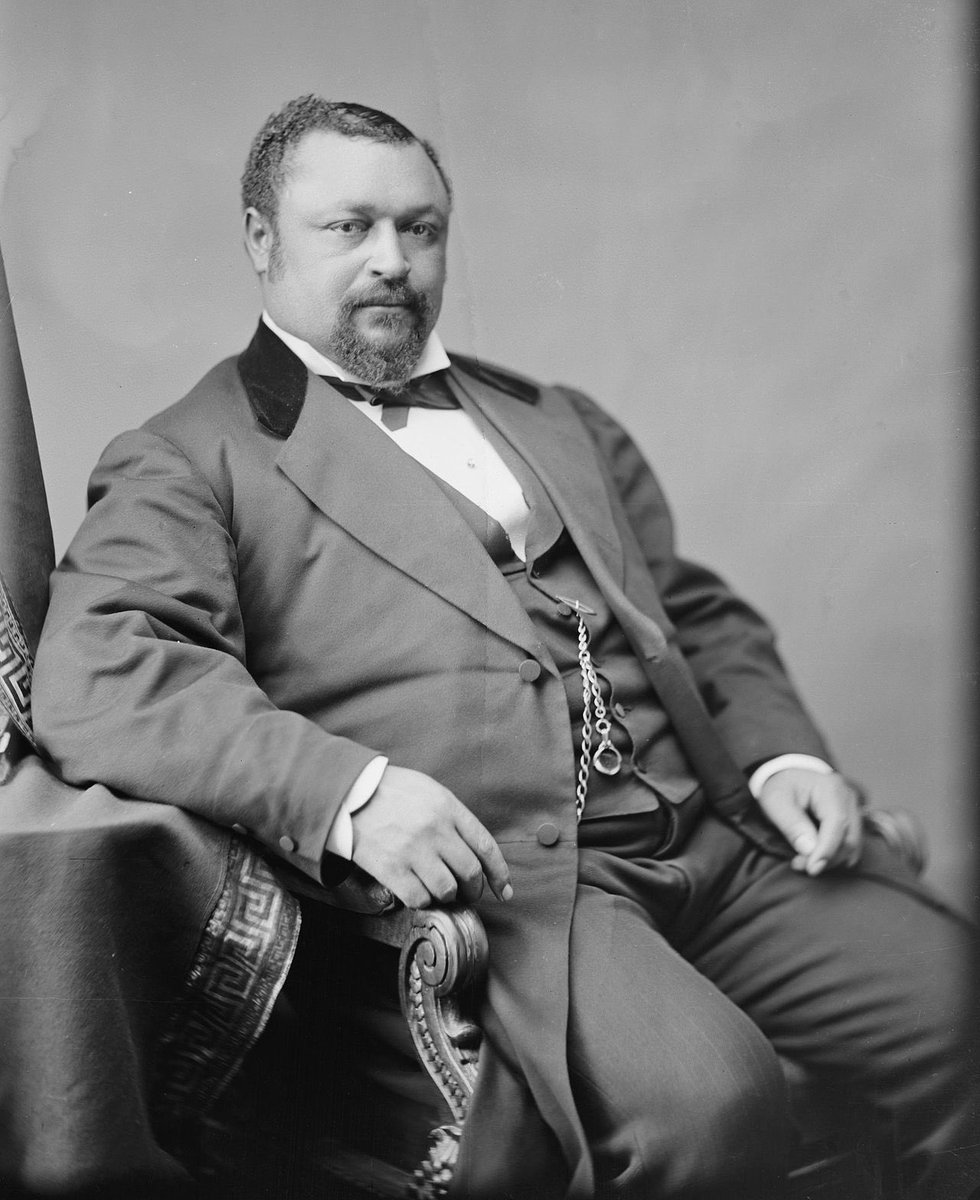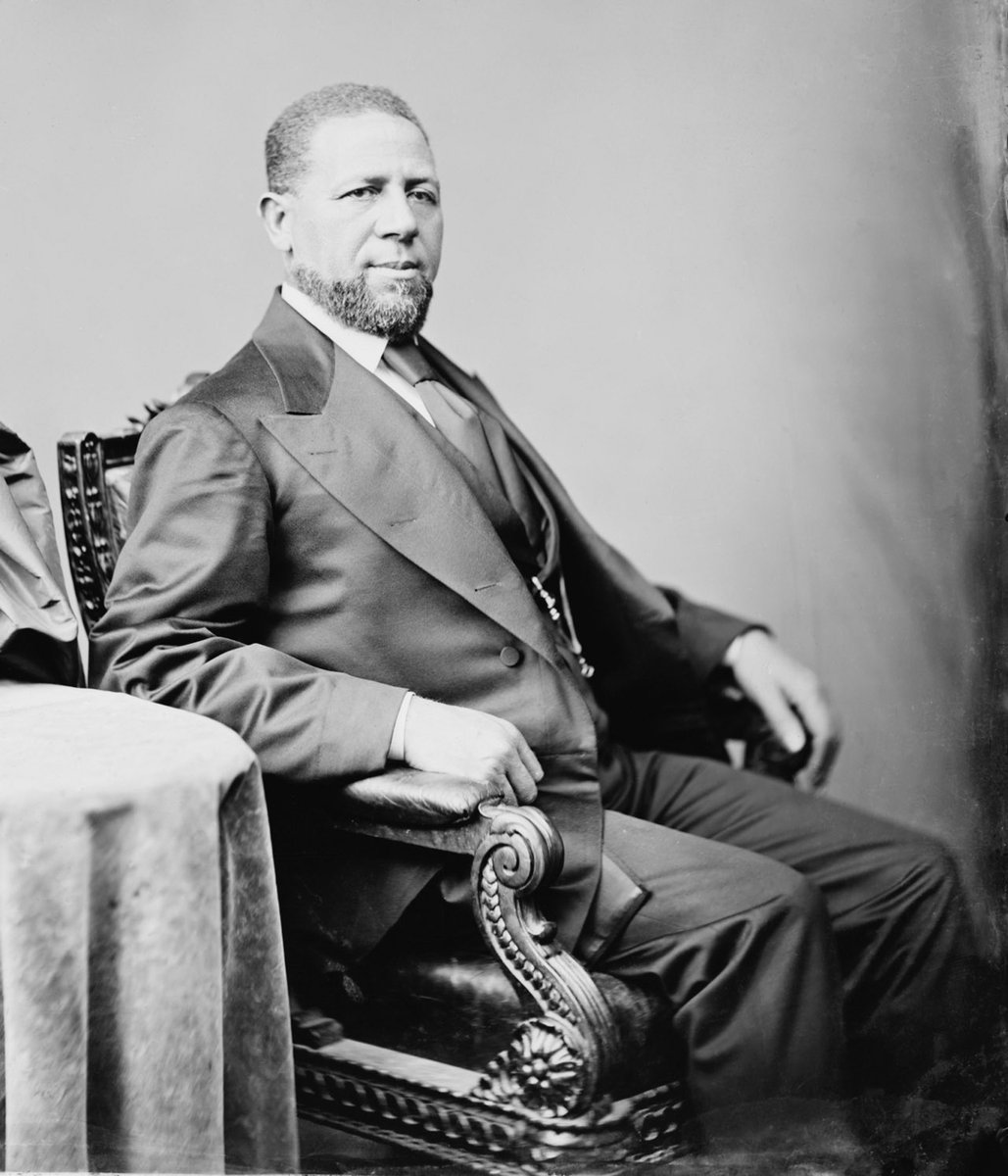
Some people in this country are sincerely confused to hear people talk about “white supremacy” in conjunction with politics in America today. At the same time, a lot of people, both openly and in private, have consternation about changing demographics in America.
Let me explain.
Let me explain.
In 1870, right after the Civil War, the US Census showed that there were six states in which African Americans made up more than 45% of the state population - South Carolina, Mississippi, Louisiana, Florida, Alabama and Georgia. The region we call the “Deep South” plus Florida.
Ten years prior, many of these human beings were considered to be the legal property of other human beings. And then came the Thirteenth, Fourteenth and Fifteenth Amendments to the US Constitution. Suddenly, these former slaves were citizens. And the men could VOTE.
Suddenly, a lot of whites in these southern states had the fear that they were now either in the minority or at least not in a strong plurality. Their former subjects were now recognized as their equals according to the text of the US Constitution.
And they freaked out.
And they freaked out.
The late 1860s and early to mid 1870s brought forth the impact of black people voting. Black people assumed positions of political power. Furthermore, the elections of 1868 and 1872 were the first in which the winner did not receive the majority of support from white voters. 





The Presidential Election of 1876 was disputed. Some threatened a second Civil War. In order to secure power, President Rutherford Hayes made a compromise to end Reconstruction in exchange for the Presidency. Federal troops withdrew from the places they remained.
The southern states then began, over the course of the next two decades, a furious attempt to make sure that black people would not be in a position to exercise their Constitutional rights again. Jim Crow. The Black Codes. A set of ingeniously evil ways to stop us from voting.
After taking away our right to vote, through a set of state Constitutional changes, local ordinances and restoring “local customs,” they were able to re-institute a form of legalized Apartheid here in America which lasted for another 100 years after the US Civil War.
(NOTE - before politicians can take anything else from us, they have to first take away our ability to fire them at the ballot box).
What does that have to do with today?
A lot.
A lot.
An upsetting of the demographic and/or power balance between races.
In the 1870’s many whites were scared that the former slaves brought into the country were now their equals. Who could decide elections.
In the 1870’s many whites were scared that the former slaves brought into the country were now their equals. Who could decide elections.
Today, many are scared that they won’t be the majority in, as some put it “our own country” (NOTE: it’s ALL of our country). And that elections could be decided by other groups of Americans.
In 1876, some were threatening to start a new Civil War over the election.
Today, we had people openly threatening to start a Civil War if the election outcome wasn’t to their liking,
Today, we had people openly threatening to start a Civil War if the election outcome wasn’t to their liking,
In the nineteenth century, it was the Democratic Party, whose constituency was largely comprised of white segregationists, which concocted an endless set of tactics to keep black people from voting.
And today it is the @GOP which has in recent years engaged in efforts, some subtle and some not, to either make it as hard as possible for areas with large percentages of black voters to vote or, in the case of the 2020 election aftermath, try to throw the votes away.
And a consistent undercurrent of both eras is the belief by some that the votes of other Americans are somehow lesser than theirs. Or should be.
When people talk about “white supremacy” in American politics today, they may be looking at what is happening in some quarters of the electorate today. Remembering what happened 150 years ago. And noting that there are some common characteristics.
• • •
Missing some Tweet in this thread? You can try to
force a refresh





